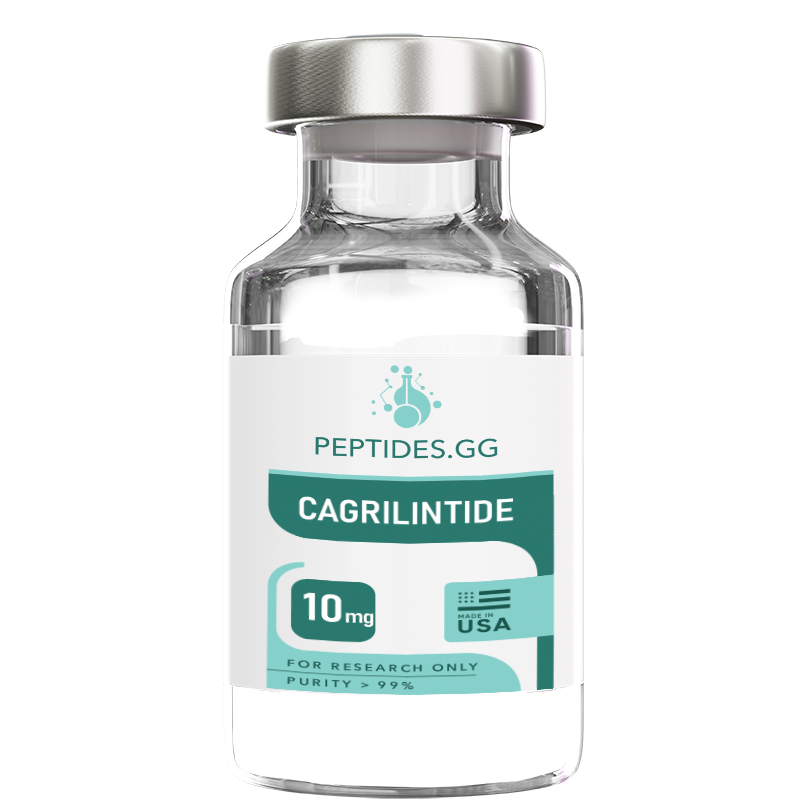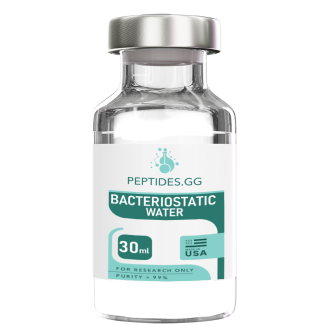Cagrilintide
$100.00 – $155.00
- Free Delivery on all orders over $200
- Earn 5% Store Credit with Every Order
- Same Day Shipping Before 1 PM PST
- 10% Discount for Cryptocurrency Payments
14-day money-back guarantee
If you are not satisfied with the product, simply return it and we will refund your money

Research Disclaimer: Peptides.GG sells this and all other peptides for Research Only and not for human consumption.



